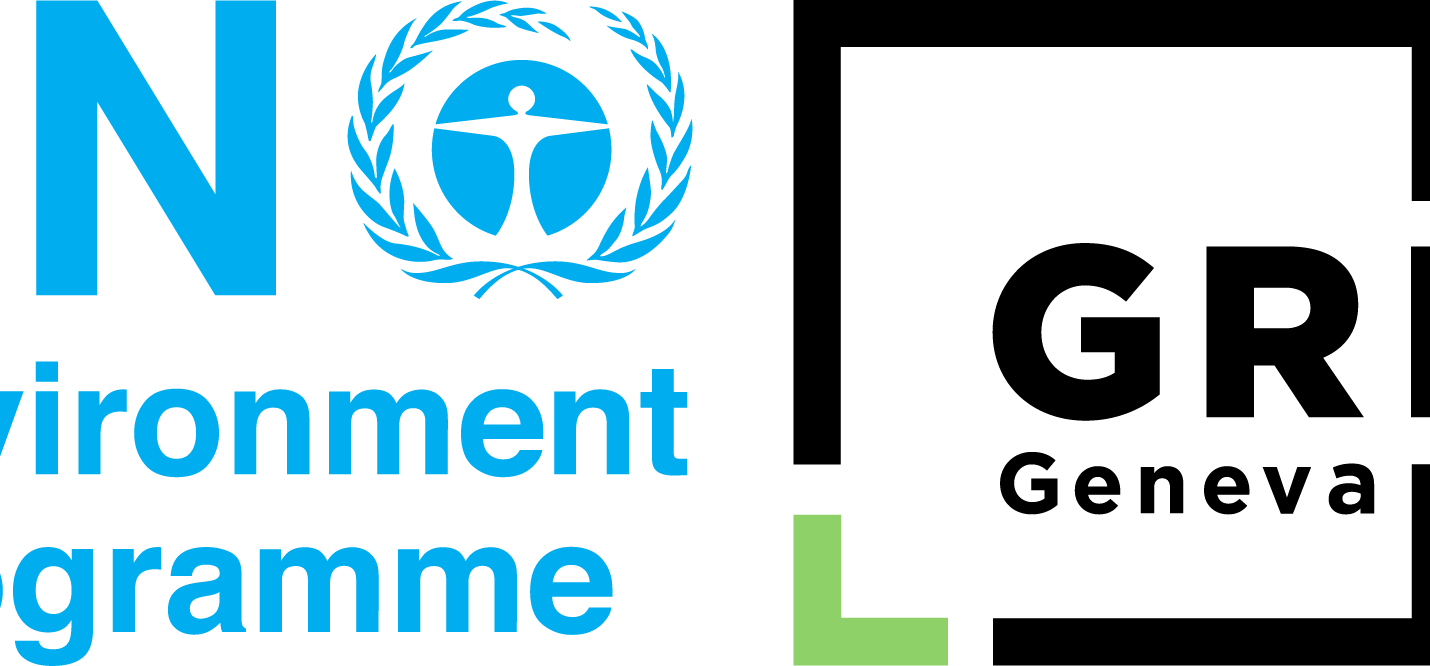
5 Steps to Build an Effective CSR Strategy
In today’s business landscape, Corporate Social Responsibility (CSR) has evolved from being a “nice-to-have” to ...

The Global Resource Information Database – Geneva (GRID-Geneva) not only presents data, but can offer policy recommendations as well, making impact assessments and presenting these to policy makers.
With the climate crisis intensifying, GRID-Geneva’s work is set to become even more important in the coming years. As UNEP’s Emissions Gap Report 2022 highlighted, current climate policies will result in a 2.8°C temperature rise by the end of the century. This would lead to a large increase in environmental disasters across the world, says Pascal Peduzzi, GRID-Geneva’s Director.
The center is focused on translating complex data into information that is understandable and actionable. “Most people say they need data, but if you bring them raw data, they don’t know how to deal with it,” says Peduzzi. “So we transform that raw data into graphs and maps and things that people can relate to.”
The center is connected to 70 data providers—everyone from NASA to the World Glacier Monitoring Service. That network allows it to track global temperatures, forest fires, atmospheric carbon dioxide levels, and sea ice extent, among other markers of climate change. It also tracks a range of other environmental threats, including those linked to nature loss.
GRID-Geneva’s scientists process satellite imagery using remote sensing software, create models from geospatial data using geographical information systems, and generate interactive maps and graphs for automatic updates.
This information is fed into a website, the World Environment Situation Room, which policymakers and the public can access.
As the technology has improved—and expanded to include artificial intelligence—the amount of data that can be processed and interpreted has grown exponentially.
“With our 70 data providers, we don’t have to go in every day and download data,” says Peduzzi. “Their servers are connected to our database, so we get automatic updates, which are reflected in our maps.”
Peduzzi says the center’s goal is to ensure its data is based on solid science and the process is accurate. Then that data is presented to Member States, who will, hopefully, take action.
“We are connectors,” Peduzzi says. “We are the link between the scientific data providers and governments.”
اترك تعليقا